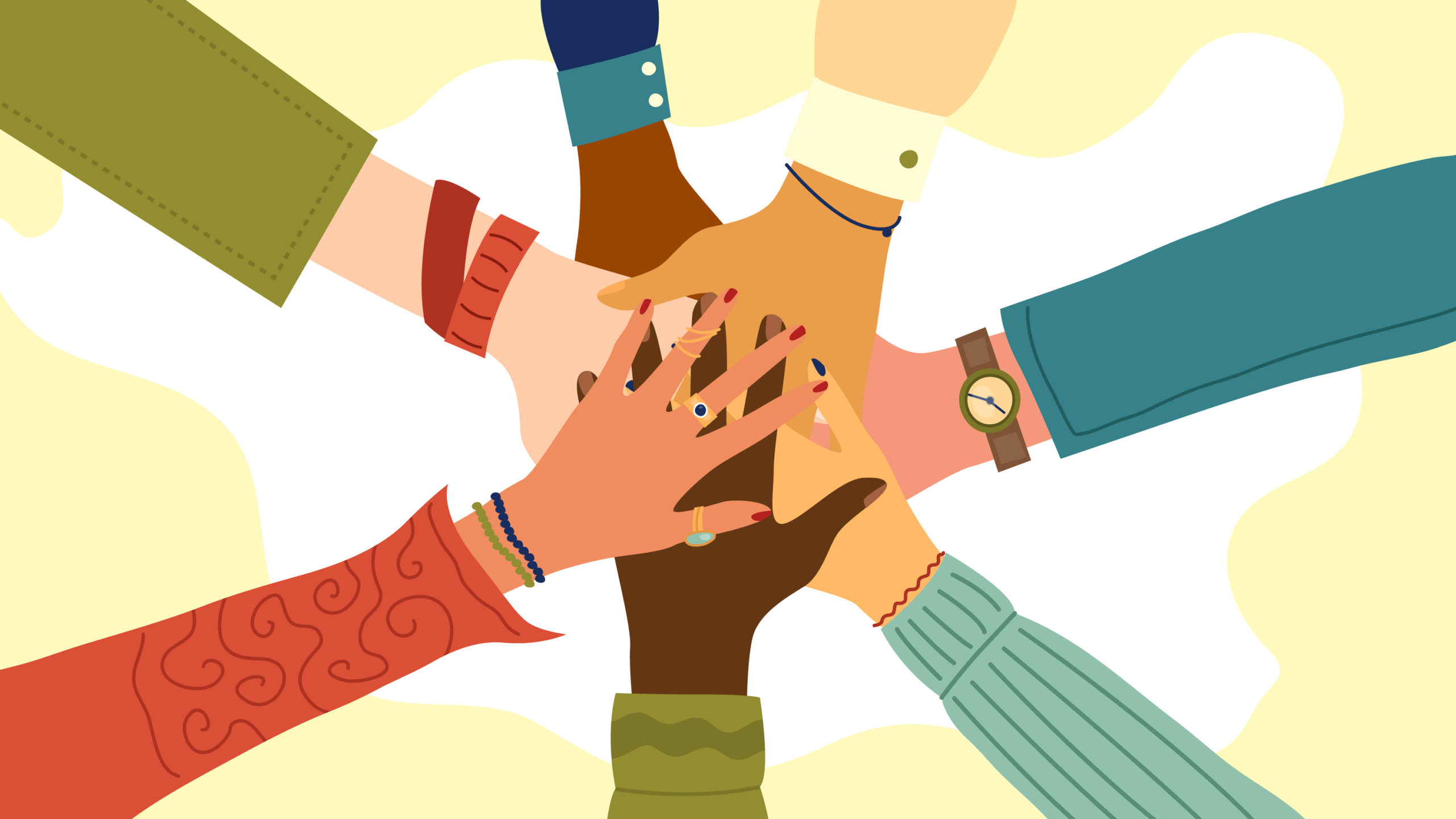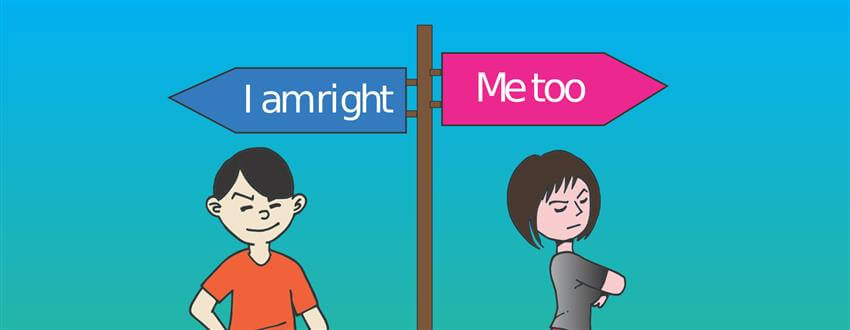This style of blog post is fairly new, so I’ll make sure to give context where it’s needed. For example, today’s blog post features the phrase “Matchday 9/38”. Premier League games are typically played on weekends (Saturday and Sunday) and occasionally during the week, so even though the phrase Matchday seems to indicate one day, the games are played over a series of days. The best similarity might be the NFL’s Week X. That statement is a bit more explicit since all the games are played within the same week, but the idea still holds.

Now with that out of the way, there were ten matches played on Matchday 9, but I’d like to highlight on big match Manchester United v. Liverpool.
Manchester United v. Liverpool
If you haven’t already seen it on social media, Manchester United suffered an embarrassing loss to Liverpool. The score was 5-0, which is unheard of when you’re talking about two teams who have historically been strong competitors.
Going into the game, Manchester United was 7th and Liverpool was placed 2nd in the league rankings. Having purchased one of soccer’s biggest superstars, Cristiano Ronaldo, United was/is expected to have a stellar season. Moreover, United’s new manager (onboarded sometime within the last few months) has been on a thin line with fans, players, and staff, as would be expected with a new hire in a volatile environment such as sports.
United’s downfall started quickly with Liverpool netting a quick goal within the first five minutes. After that, United continued to slip with multiple mistakes from all those involved from coaching staff to players.

Following the match, United’s captain Harry Maguire said the following:
“We apologize to the fans; it was nowhere near good enough for this club. They stuck with us right to the end and we appreciate that but as a club we have to do better. I am so disappointed; we gave them so many chances.”
“They were so clinical, we had a lot of chances ourselves, but I am a defender and to concede four in the first half especially at Old Trafford is nowhere near good enough. As a player I know myself. I’ll be looking at myself and my individual performance. We have to stick together, there is no point blaming each other but look at ourselves.”
Maguire’s statements do a good job of representing the scale of United’s defeat. Moreover, critics are indicating that Maguire is at risk of losing his captainship over his role in United’s loss. As a captain and center back (the “main” defender), much of the responsibility lies on him, so it’s a tough situation to be in.
More next week.

/cdn.vox-cdn.com/uploads/chorus_image/image/70023437/1236007966.0.jpg)



 One of the biggest points of contention between people is birthed from our tendency as individuals to not humble ourselves. We often let our pride get the best of us, which inadvertently creates divisions within our relationships. If we want to make others less defensive and more agreeable, we must admit our mistakes and be humble.
One of the biggest points of contention between people is birthed from our tendency as individuals to not humble ourselves. We often let our pride get the best of us, which inadvertently creates divisions within our relationships. If we want to make others less defensive and more agreeable, we must admit our mistakes and be humble.



 The goal of the campaign was simple: appeal to every single American (and later on, human around the world).
The goal of the campaign was simple: appeal to every single American (and later on, human around the world).
 (especially those of you with “difficult” names. How did that person remembering your name make you feel? For most people, someone remembering their name makes them feel special and important. In the book, Carnegie writes, “ Remember that a person’s name is to that person the sweetest and most important sound in any language.”
(especially those of you with “difficult” names. How did that person remembering your name make you feel? For most people, someone remembering their name makes them feel special and important. In the book, Carnegie writes, “ Remember that a person’s name is to that person the sweetest and most important sound in any language.”


 On July 13th, Sandra was found “in a semi-standing position” hanging in her cell.
On July 13th, Sandra was found “in a semi-standing position” hanging in her cell.